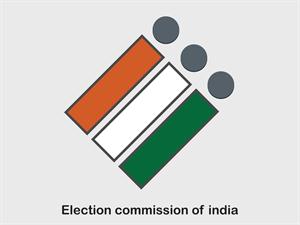
PUMPA - SMART LEARNING
எங்கள் ஆசிரியர்களுடன் 1-ஆன்-1 ஆலோசனை நேரத்தைப் பெறுங்கள். டாப்பர் ஆவதற்கு நாங்கள் பயிற்சி அளிப்போம்
Book Free DemoIn this chapter, will learn about types of the election process, the role of political parties, and the importance of Pressure groups. We will also learn about
- The electoral system in India
- The different types of elections in India
- The meaning of political party
- The functions of state party and national party
- The pressure groups in India
An election is a formal decision-making process by which a people chooses an individual to hold public office by voting.
Electoral System in India:
The electoral system in India has been adapted from the system followed in the UK( United Kingdom).
India is a socialist, secular, democratic republic and the largest democracy in the world. Constitution of India came into force on 26th January,1950.
Articles 324\ to 329\ in part XV of the Constitution explains the electoral system in our country.

(i) Article 324 of the Indian Constitution provides for an independent Election Commission in order to ensure free and fair elections in India. At present, the commission consists of a Chief Election Commissioner and two Election Commissioners.
(ii) The Parliament may make provision to all matters relating to elections to the Parliament, including the preparation of electoral rolls, the delimitation of constituencies and all other matters necessary for free and fair elections.
(iii) The state legislatures can also make provisions to all matters relating to elections to the state legislatures, including the preparation of electoral rolls.
(ii) The Parliament may make provision to all matters relating to elections to the Parliament, including the preparation of electoral rolls, the delimitation of constituencies and all other matters necessary for free and fair elections.
(iii) The state legislatures can also make provisions to all matters relating to elections to the state legislatures, including the preparation of electoral rolls.
Important!
Kudavolai was the system of voting followed during the Chola period in Tamil Nadu.
Election Process
At the national level, the head of government, the Prime Minister, is elected by members of the Lok Sabha, the lower house of the Parliament in India.
We celebrate National Voters Day on 25th January in India.
At the national level, the head of government, the Prime Minister, is elected by members of the Lok Sabha, the lower house of the Parliament in India.
We celebrate National Voters Day on 25th January in India.
In a representative democracy like ours, elections are crucial. Voting in elections is the best way to make your ‘voice’ heard.